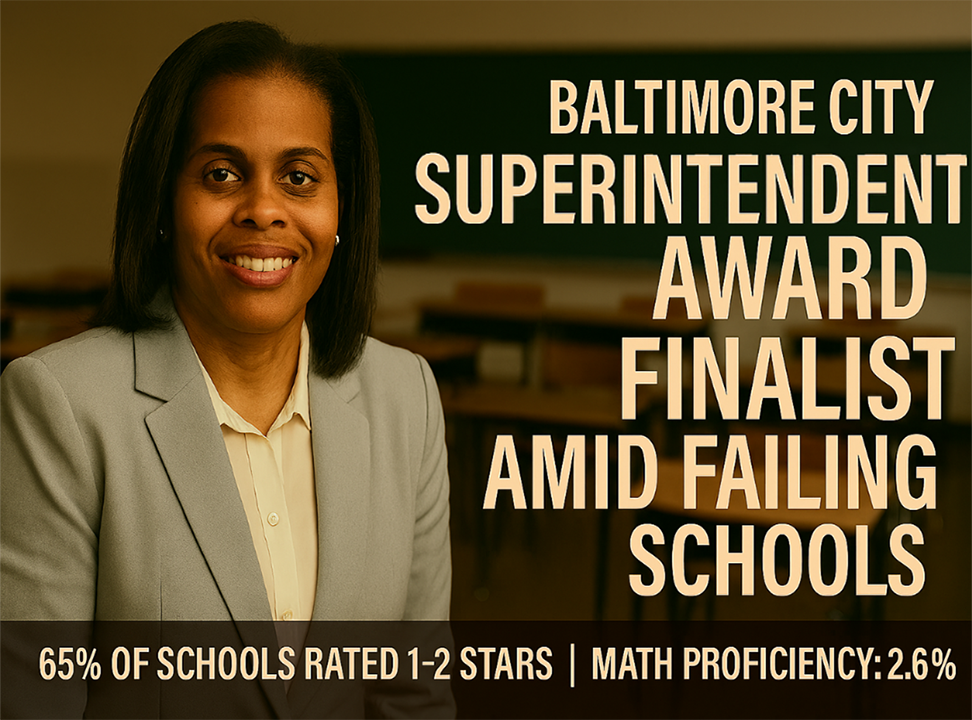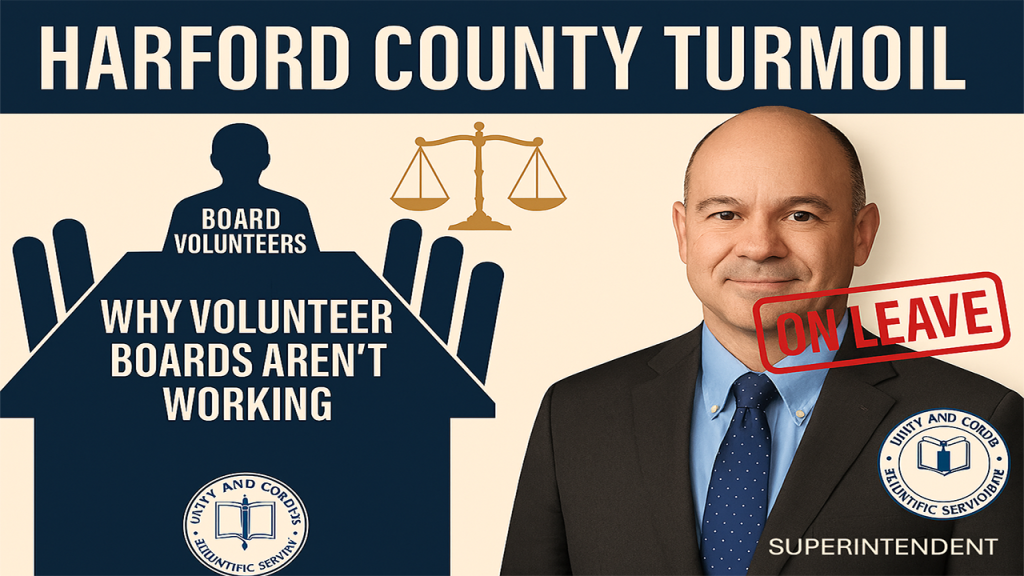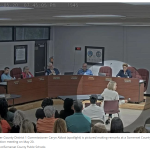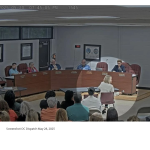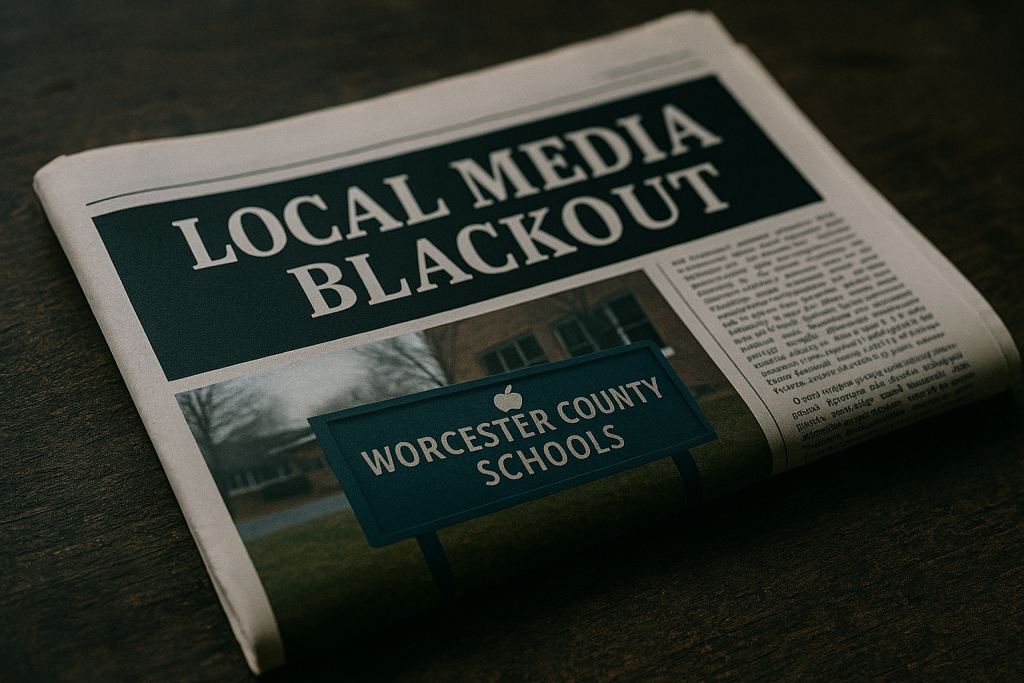
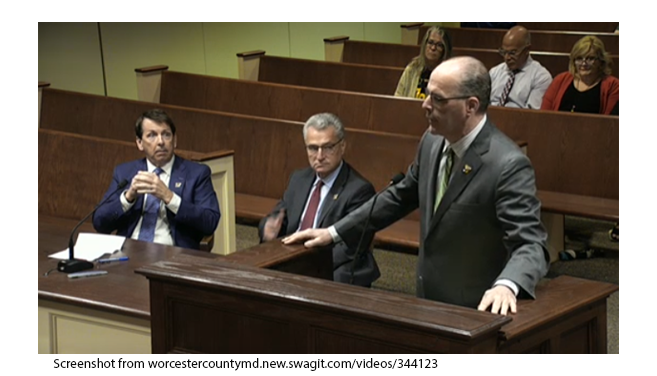
Worcester County’s Budget Battle – Politics and Public Education
Another year, another budget battle in Worcester County. What should have been a straightforward funding process for public education has once again become a showcase of political posturing and bureaucratic friction. The root of the issue? Teacher pay—and the widening gap between local governance and state mandates.
Basically, the conflict is that the Blueprint for Maryland’s Future, a sweeping state education reform initiative, requires, among other things that starting teacher salaries reach $60,000. Currently, Worcester County’s starting salary sits just above $52,700, necessitating a nearly $7,000 bump per teacher to meet compliance.
The school board, fully aware of these requirements, took a different route than traditional percentage-based salary increases, which would have cost significantly more across the board. Instead, they proposed a flat $4,000 raise for all teachers, an equitable, budget-conscious strategy that brought them closer to meeting state law without ballooning costs.
Yet, when this proposal reached the County Commissioners, it was met not with cooperation, but with criticism.
The Commissioners’ rejection of the full funding request wasn’t based on a lack of available funds. In fact, as one observer noted, “The money’s there.” The issue, it appears, is political. With Worcester County being a heavily conservative stronghold in a largely Democratic state, some local leaders appear intent on resisting what they perceive as liberal overreach; especially from institutions like school boards and teachers’ unions, which they often see as left leaning.
It is further complicated by state mandates that require compliance regardless of local political ideologies. The school board is stuck in the middle—trying to fulfill state law, meet teacher expectations, and work with a county government increasingly at odds with state-level educational policy.
This isn’t just theoretical friction. Last year, faced with similar pushbacks, the board made cuts by absorbing positions through attrition rather than layoffs.
One Commissioner argued for “getting politics out of the classroom.” This suggests that this is less about neutrality and more about ideological control. “We need to get politics out of the classroom,” we need to get your politics, but leave mine.
The larger question remains: when educational funding becomes a battleground for political values, who pays the price? In Worcester County, it may very well be the teachers, the students.
This is no longer just a budget issue. It’s political grandstanding for control over who decides the value of education—and how much we’re willing to invest in those on the front lines of our classrooms.
Dig Deeper With Our Longreads
Newsletter Sign up to get our best longform features, investigations, and thought-provoking essays, in your inbox every Sunday.
The MEN was founded by John Huber in the fall of 2020. It was founded to provide a platform for expert opinion and commentary on current issues that directly or indirectly affect education. All opinions are valued and accepted providing they are expressed in a professional manner. The Maryland Education Network consists of Blogs, Videos, and other interaction among the K-12 community.






